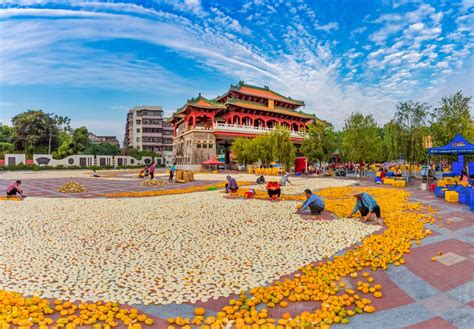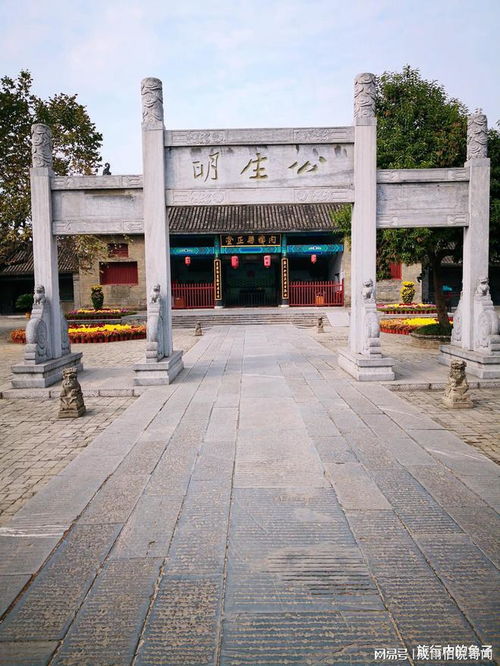"大槐树移民阳城" is a phrase in Chinese that translates to "The relocation of the locust tree to Yangcheng." This phrase likely holds cultural or symbolic significance within a specific context, but without further context, it's challenging to provide a precise interpretation. However, I can offer some general insights into the possible meanings:
1.
Symbolism
: In Chinese culture, trees often symbolize strength, growth, and resilience. The locust tree, in particular, may symbolize endurance or overcoming challenges due to its robust nature. Relocating such a tree could symbolize a significant change or transition, possibly representing resilience in the face of adversity or a new beginning.2.
Historical or Literary Reference
: The phrase might reference a specific historical event, myth, or literary work known to Chinese speakers. Without context, it's challenging to pinpoint the exact reference, but it could be drawing upon a story or allegory where the relocation of a locust tree holds symbolic meaning.
3.
Metaphorical Interpretation
: On a metaphorical level, "大槐树移民阳城" could represent a person or a community undergoing a transformative journey or migration. This journey might involve leaving behind the familiar (represented by the locust tree) and venturing into the unknown (Yangcheng), signifying personal growth, exploration, or adaptation.4.
Literal Interpretation
: If taken literally, the phrase could refer to an actual event where a locust tree is being relocated to the city of Yangcheng. This could be part of an urban development project, landscaping initiative, or environmental conservation effort.Understanding the full context in which this phrase is used would provide clearer insights into its meaning. It's possible that "大槐树移民阳城" is a metaphor, an allegory, or a cultural reference that holds deeper significance within a specific community, historical narrative, or literary tradition.











